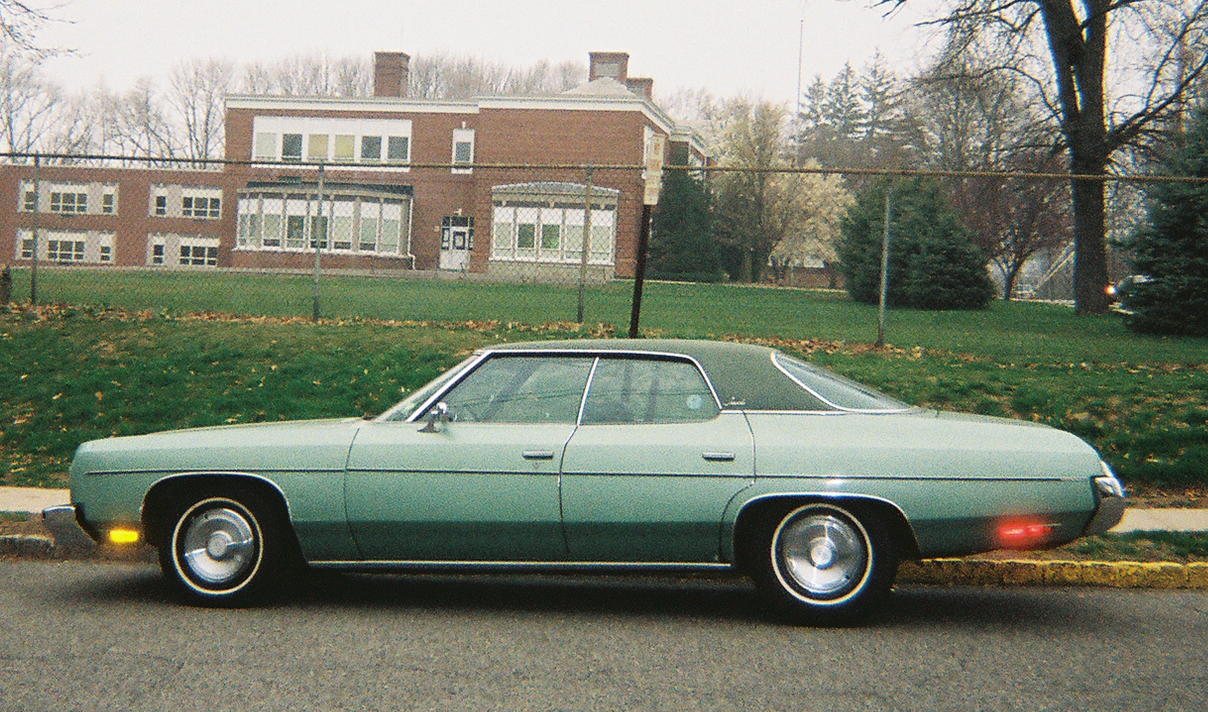General Motors (GM) announced that it will discontinue manufacturing the Impala in 2021. The announcement made me think of my early years in Midland, TX.
The Impala is the GM workhorse. It is more of a utility vehicle than a luxury car. The Impala is a sedan and somewhat of a larger car. It has plenty of leg room in the back seat. The engine was a V-8, a powerful engine. The trunk was deep and spacious.
In short, an ideal company car. When I was growing up in Midland, Texas many of the oil firms offered company cars to select employees. Usually these were Impalas.
The company car was one of the best benefits offered to an employee. In essence you had a second car you did not directly pay for. The only negative was that no one else in the family could drive it, but that seems like a minor nuisance to me. You could almost always tell who had one. It was a Impala, Biscayne (discontinued in 1972), Caprice, or a Ford. As I recall, they were usually white.
Of course that what when industry offered employees company cars. You see very little of that today. It is an expensive perk. Now, we get mileage for using our own cars or a car allowance.
I remember my father's 1973 Impala. It was white with a blue interior and very comfortable. This is a picture of the 1973 Impala. It sure was a good company car.

This post assumes that you a) want to live in your hometown and b) you want to start a business.
That said, this post focuses on the best of both worlds, living in your hometown and starting a business. However, I must offer a couple of caveats.
The link to the Entrepreneur magazine notes several individuals who left big cities and moved home to start their businesses. It points out that most of the small towns these entrepreneurs move back to have some level of support for a small business or that it must developed.
That is a key point. An entrepreneur does not start a business in a vacuum. In fact, all entrepreneurs need expertise and resources to succeed.
Be sure to note the last sentence, "In other words, the community needs to build something worth coming home to."
And that is what we in economic development should strive for. Do we have the necessary resources identified at the local level to support small business start-ups and entrepreneurial ventures? If no, we need to take steps to a) identify the lacking resources and b) try to either develop the missing links and/or recruit the missing components.
Link to article: https://www.entrepreneur.com/article/337560
In uncertain times we sometimes forget what is important in our professional career. It is your word, your reputation, and your network.
Notice each of these start with "your". Because you earn each one and you own each one.
While all three are important, I will focus on the third one.
My network is a vital foundation to my success as an economic developer. I relied on it when I lost my job nine years ago. I rely on it for project intelligence. I rely on it for local intelligence. And I help my network as often as I can. Frankly, my network allows me to be a more productive and valuable employee.
To a certain extent, a network is like a friendship or marriage or a career. You must constantly work at it. And you cannot take it for granted. What can you do? After all, anything of value takes work.
The following link to an article in Entrepreneur is an excellent resource for maintaining and expanding a network.
https://www.entrepreneur.com/article/339971
